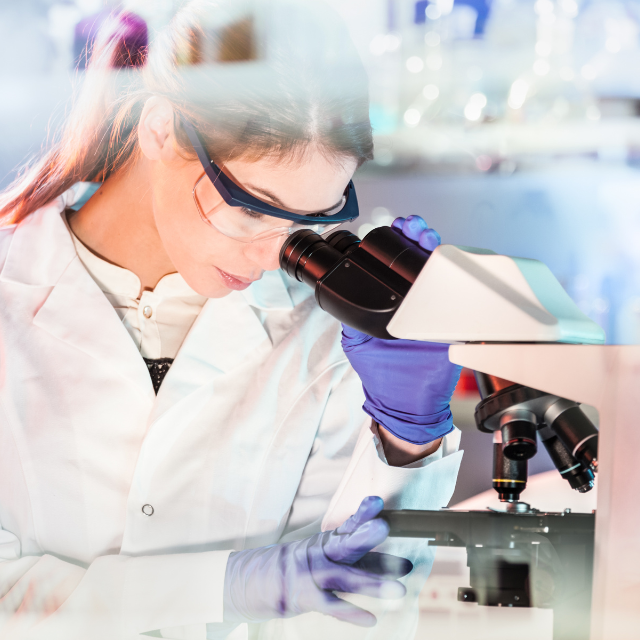- Home
- Products
- JUVIAGEL – Vaginal moisturizing gel
- MOMAID – After delivery supplement for postpartum recovery
- PROTECTA – Anti-inflammatory skin cream
- INCOXIL – Incontinence dietary supplement
- VITAPHASE– Special dietary supplement adjusted to the phases of the menstrual cycle
- CORTEXIUM – Addressing cognitive challenges in pre-and post-menopausal women
- Pipeline
- Company


Development of a new vaginal gel with multiple indications containing estrogen and zinc.
Women’s quality of life is determined by the health of the female genitals, including the vagina. It is known that several diseases and conditions of the vagina can develop because of various external or internal influences. Usually, a certain preparation is used to treat a certain problem. Many times, however, the problems are interrelated, precisely because the female vagina is regulated by complex, hormonal effects.
In our pipeline project “Eazing” we aim to develop an estrogen-zinc containing topical, vaginal product that fundamentally affects women’s health and improves the quality of everyday life. The product is recommended for four indications: recurrent vaginal infections, vaginal dryness, menopausal genitourinary syndrome, and vaginal rejuvenation. Our prototype composition uniquely combines the benefits of ultra-low dose, safe, topical female hormone replacement, the beneficial effects of zinc on vaginal tissue, the restoration of vaginal pH and normal flora due to lactic acid content, and the moisturizing effect of an effective vaginal moisturizing gel. In addition to the active ingredients, the gelling agent itself is perfectly matched to the osmolality, pH, and isotonic properties of the vagina, thus not irritating or damaging, and adapts to the sensitive milieu of the vagina.
There is a gradual loss of ovarian function during perimenopause, which typically ends with a decrease or cessation of estrogen production during menopause. The cessation of estrogen production has physiological consequences, of which vasomotor symptoms and vaginal atrophy cause the most complaints. Altered aging vaginal wall can be a serious problem for women, with postmenopausal atrophy dryness associated with pain, a constant burning-itching sensation of mild to severe or thinning of the vaginal wall to such extent that burning sensation or even bleeding develops. Furthermore, during menopause, vaginal pH may increase and, as a result, the healthy vaginal flora changes. Inflammations and recurrent vaginal infections may occur.
Estrogens have been used for years to treat the symptoms of menopause, either systemically or locally. Numerous studies have shown the potential of negative effects of systemic, higher-dose hormone replacement and many women are afraid to use high-dose hormone containing creams/tablets due to the development of carcinoma. Therefore, application of estrogen-based hormonal therapy has halved and a significant need for ultra-low dose hormonal therapy emerged. There is an international scientific consensus that ultra-low dose vaginal estrogen can be safely used to treat vaginal atrophy if only vaginal symptoms are present. However, if left untreated, the condition will gradually worsen, and the vaginal complaints will become stronger.
The new estriol-zinc containing gel formulation would represent a considerable progress in the treatment of vulvovaginal atrophy in patients whose current non-hormonal treatments do not significantly improve vaginal symptoms and do not have a positive effect on their quality of life, but do not wish to opt for “traditional” high-dose hormonal therapy. Zinc and estrogen may have a synergistic effect due to their different mechanisms of action.
The success of our development is scientifically supported. Our previous research has shown that vaginal zinc supplementation has a beneficial effect on vaginal structure, and we have also demonstrated that the amount and quality of collagen and elastin are improved, which determines the elasticity of tissues.
We base the feasibility and business success of our development on the manufacturing and sales experience of our vaginal moisturizer gel product, which is already in the market.